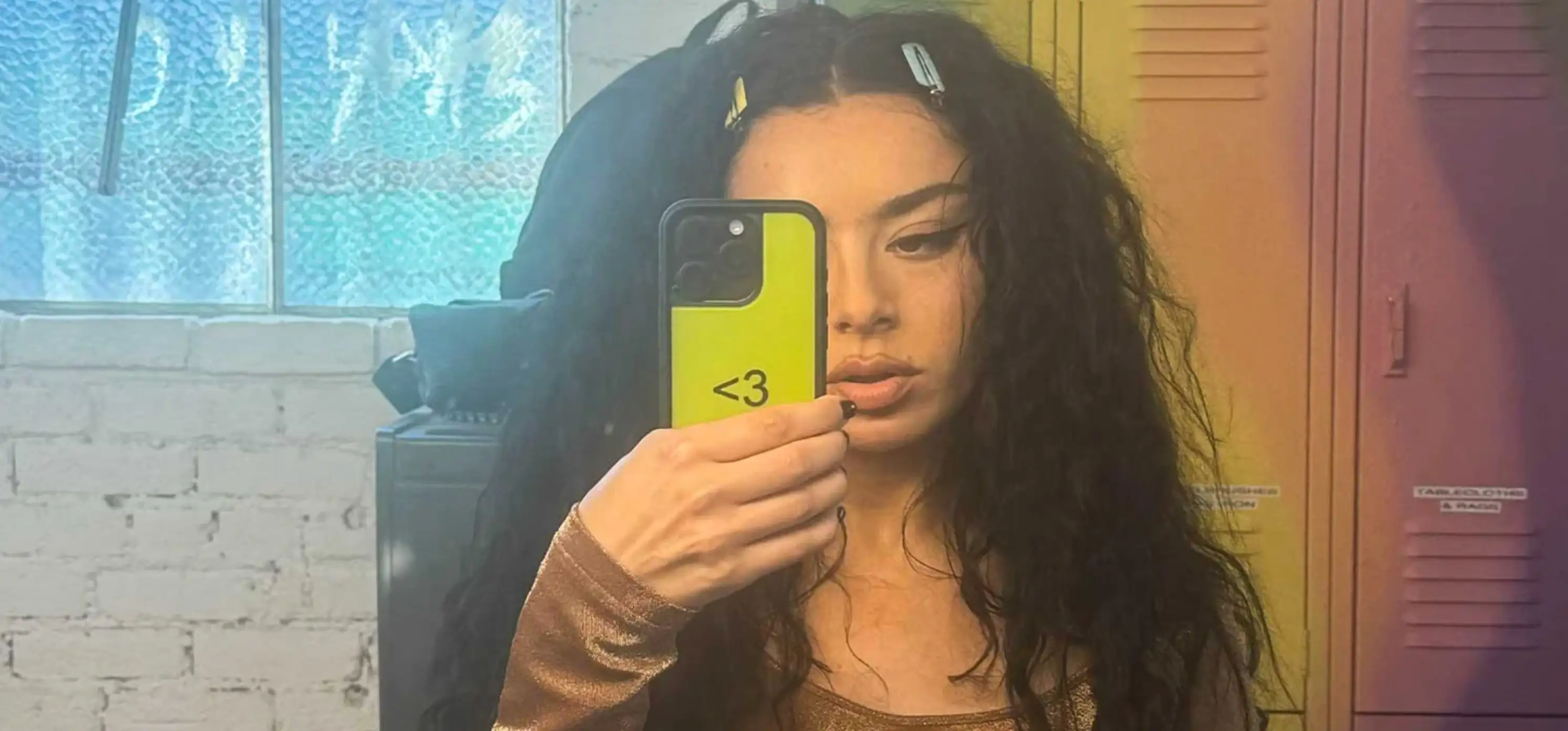President Biden Signs TikTok Ban Bill—This Is What You Need to Know
Updated on
Published on

On April 24, 2024, President Joe Biden signed into law a bill that could effectively ban TikTok all over the country. Unless the Chinese parent company, ByteDance, decides to sell the app in the United States within a year. Concerns about national security, free speech, and data privacy led both parties to take this action. Here's a more in-depth look at the situation, what this law might mean, and what might happen as time runs out for TikTok in the US.
In the United States, the bill received a resounding amount of support. It was attached to a larger foreign aid package, which also included financial assistance for Israel, Ukraine, and Taiwan. This legislative strategy highlights the urgency and importance that the U.S. government places on this issue.

The President has given ByteDance one year, which could be extended to a total of 90 days, to sell TikTok. If ByteDance does not divest to a non-"foreign adversary" controlled entity, the popular social media platform will face an order that requires them to cease their operations in the U.S.
The Case Against TikTok
American officials have raised concerns that TikTok might enable the Chinese government to perform acts such as spying on American users or, worse still, the regime hacking into the app's algorithms to give a wider reach to contents sympathetic to its interests. In that case, these are not claims there is any public evidence for; rather, it is fear that has informed the legislative push against the app.
In addition, some lawmakers pin the rise of pro-Palestinian sentiment among young Americans on alleged Chinese influence, another charge in the already complex debate. TikTok has always categorically denied the accusations that it shares U.S. user data with the Chinese government and has managed to protect its operations from previous attempts to ban it on constitutional grounds. TikTok's CEO, Shou Zi Chew, promised that the company would remain a staunch advocate of the platform, clear words for an oncoming legal battle over the law. Set is the stage for a big legal fight—free speech or extrajudicial punishment.
Economic and Social Impact
These clearly are the circumstances that make TikTok more than just a fun or entertaining source but a serious one with value for the US economy and the room of digital culture. As of March last year, almost 7,000 employees had been employed in the U.S., with an additional 224,000 jobs supported in 2023, and it had contributed $24.2 billion to U.S. GDP. A ban could have far-reaching effects on the job market, influencers, marketing, and the broader tech industry.

The potential TikTok ban does put at risk quite more than the video sharing app; it may affect a few other apps owned by ByteDance in a domino effect. Reports indicate that the proposed anti-TikTok law features broad language; it could implicate a number of foreign-owned apps perceived to be under the influence of "foreign adversaries." Most notably among the affected, the video editing tool CapCut, social media platform Lemon8, and the productivity suite Lark would all potentially fall victim to a ban under the same legislation. Indeed, the broad impact of this provision underlines the larger implication this may mean for the bill: that it may disrupt not only social media but also other digital services and software which have found integration not only into many different user communities but also industries.
Public reaction to the potential ban was more mixed, with many characterized by the possibility of one government overreach that would set a dangerous precedent for other social media platforms and by users and free speech defenders. Politically, it is also highly polarized between those who see it as an absolute necessary step toward national security and those who call it a suppression of free speech.
What's Next for TikTok?
If it leaves the law in place, ByteDance would have to decide whether to sell TikTok or shut it down in the U.S. Such a ruling against the firm by the court, however, may both derail enforcement of the ban and keep alive the uncertainty over the future of TikTok.
The meantime—TikTok will probably use its huge user base and PR power to lobby public opinion and political decisions. President Biden's signing of the TikTok ban bill is a critical crossroad in governing the digital, free speech, and international relations with technology. Depending on how the situation plays out, the moves that ByteDance makes, U.S. lawmakers' response to the deal, and the results of legal challenges will profoundly impact the social media and digital content marketing in the United States and, perhaps, the world.







